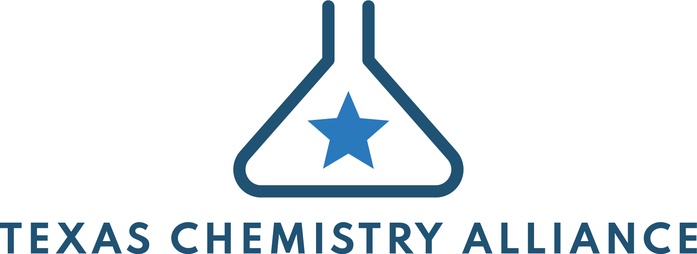Welcome
If you don't recall your password, enter your email address and click 'Forgot Login/Password' and follow the instructions on the next page. If your email address is not found and you are not a TCA Member, you will need to click the 'Create A New Account' button next to the Login area.
Members may need to contact the TCA office in order for Member Access to be activated.
